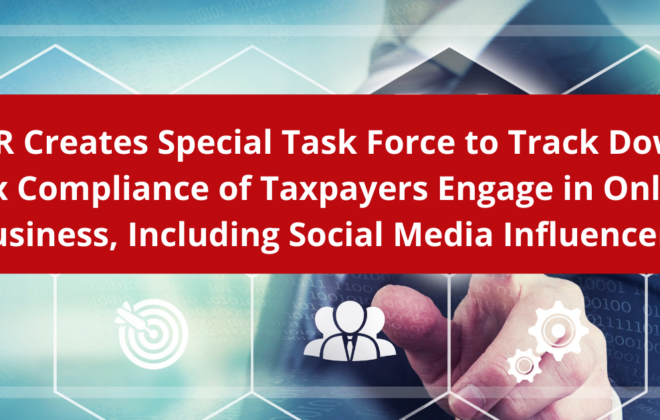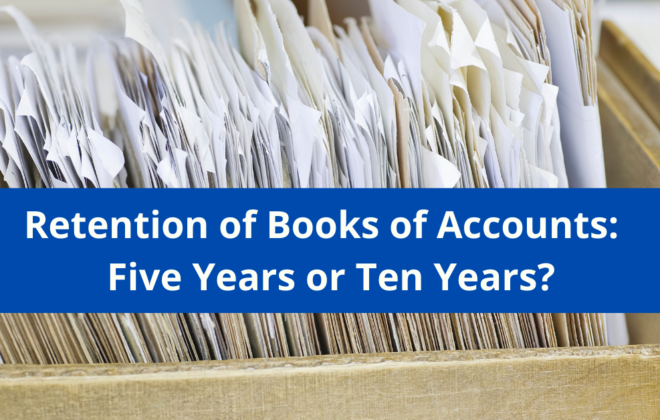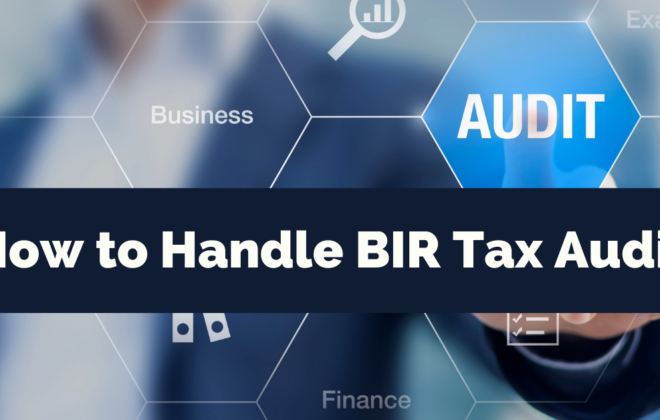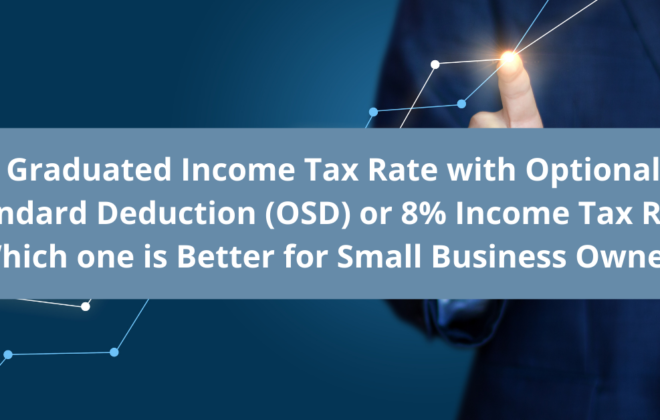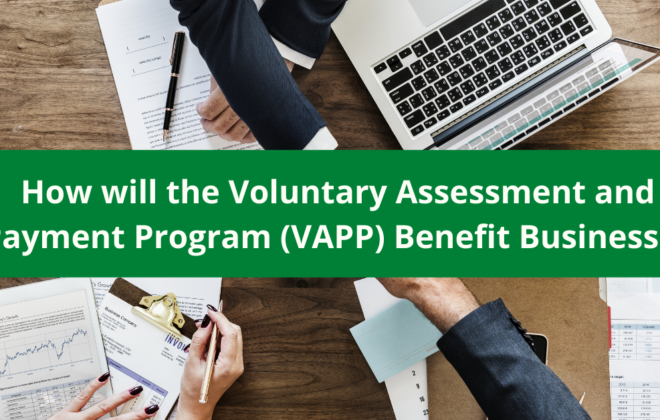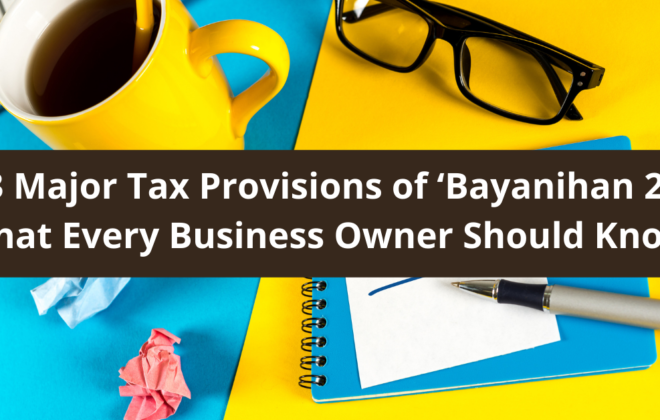BIR Creates Special Task Force to Track Down Tax Compliance of Taxpayers Engage in Online Business, Including Social Media Influencers
If you are doing business in the Philippines, you are expected to pay your taxes. It is your duty to register your business, file and pay your taxes according to your business type. Even if you are not earning, have negative revenue and there are…
How to Register Your Business with BIR Using the New Business Registration Portal
The Bureau of Internal Revenue (BIR) has made it convenient for new businesses or those who are already in business but are not yet registered with BIR to apply for business registration online. With the new system, taxpayers can avoid the long lines in the…
Retention of Books of Accounts: Five Years or Ten Years?
Keeping the books of accounts (BOA) and other business documents is required for BIR tax audit purposes. Accountants and bookkeepers should ensure that all business transactions are recorded accurately in the books of accounts. Aside from the books of accounts, you also need to…
10 Tax Mapping Violations Business Owners Should Avoid
Whether you are a large corporation or Micro, Small, and Medium Enterprises (MSMEs), you have to go through the BIR’s Tax Compliance and Verification Drive or Tax Mapping, as it is popularly known to many. Tax mapping is a regular inspection of business establishments…
How to Handle BIR Tax Audit
The country’s tax system works on the principle of voluntary compliance, wherein the taxpayer is responsible for determining which taxes to be paid, when to pay them, and how to comply with the reportorial requirements. The government, for its part, adapts a check-and-balance system,…
How will the CREATE Law affect Micro, Small and Medium Enterprises?
The RA No. 11534 or the Corporate Recovery and Tax Incentives for Enterprises (CREATE) Act was signed into law by President Rodrigo Duterte to cushion the economic impact of the pandemic to the business sector, primarily the micro, small and medium enterprises. The new bill…
Basics of Tax Compliance for Freelancers and Online Sellers
The extended lockdown imposed in the Philippines has made “work-from-home” a household name. The ease and convenience of working from home without the daily commute and the flexibility to take care of one’s children while working are what lured most Filipinos to become digital workers….
Graduated Income Tax Rate with Optional Standard Deduction (OSD) or 8% Income Tax Rate: Which one is Better for Small Business Owners
The Bureau of Internal Revenue (BIR) allows business owners and professionals to choose either the Graduated Tax Rates with OSD or the 8% Tax Rate in computing for their income tax. This simplified way of tax computation makes filing and paying taxes easy. Now, small…
How will the Voluntary Assessment and Payment Program (VAPP) Benefit Businesses
The government’s fight to eradicate the COVID-19 virus continues despite the dwindling public funds. Thus, the Bureau of Internal Revenue (BIR) issued Revenue Regulation 21-2020 (RR 21-2020) or the Voluntary Assessment and Payment Program (VAPP) as a way of collecting additional funds needed during these…
3 Major Tax Provisions of ‘Bayanihan 2’ That Every Business Owner Should Know
The rising cases of COVID 19 patients in the country call for more drastic measures. The outbreak created global chaos, which affected the health and economic sectors of the country. To mitigate the effects of COVID 19, the government passed into law, Republic Act (R.A.)…
Recent Posts
- New Features and Functionalities of the Online Registration and Update System (ORUS)
- A Comprehensive Guide to Taxation for Freelancers in the Philippines
- New Tax Laws in 2024: What Changes Filipino Taxpayers Should Prepare For
- How to Avoid Common Tax Mistakes in 2024
- Tax Deductions and Benefits Often Overlooked by Filipino Taxpayers

